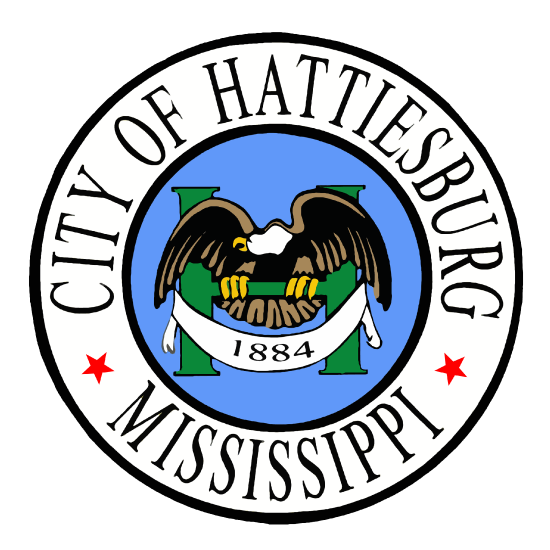The Hattiesburg Police Department is scheduled for an on-site assessment November 4 – 7, 2019 as part of its re-accreditation process which is administered by the Commission on Accreditation for Law Enforcement Agencies, Inc. (CALEA). This program requires agencies to comply with state-of-the-art standards in four basic areas: policy and procedures, administration, operations and support services.
As part of the on-site assessment, agency employees and members of the community are invited to offer comments at a public information session on Tuesday, November 5, 2019, at 6 p.m. The session will take place at the Hattiesburg Train Depot (308 Newman Street).
Agency employees and the public can also provide comments by calling (601) 554-3601 on Tuesday, November 5, 2019, between the hours of 1 p.m. and 3 p.m. Comments will be taken directly by the Assessment Team.
To make sure there is ample time to take all feedback in a timely manner, comments by phone and at the public information session are limited to 3 minutes and must address the agency’s ability to comply with CALEA’s standards.
Anyone wishing to submit written comments about the Hattiesburg Police Department’s ability to comply with standards for accreditation may send them directly to the Commission on Accreditation for Law Enforcement, Inc. (CALEA), 1375 Heathcote Blvd Suite 320, Gainesville, VA 20155.
About Hattiesburg Police Department and Accreditation:
In March 1998, the Hattiesburg Police Department became the first law enforcement agency in the state of Mississippi to become nationally accredited through the Commission on Accreditation for Law Enforcement Agencies (CALEA). Accreditation is an ongoing process of advancement and achievement, as the department must undergo an extensive review process by CALEA for re-accreditation every 4 years. The department has made a commitment to the accreditation process for a number of reasons, including benefits that may be realized through:
- Improved and more efficient personnel practices through the required implementation and documentation of practices and procedures related to discipline, performance evaluation, promotion and training.
- Increased officer safety through the implementation of safety-related standards.
- Reduced likelihood of litigation against an officer or the Department through the implementation of procedures in high liability areas.
- Improvement in the overall efficiency and effectiveness of the Department by requiring the Department to review and assess organization and operations, and compare them to an objective outside standard that is recognized in professional law enforcement circles.
##

